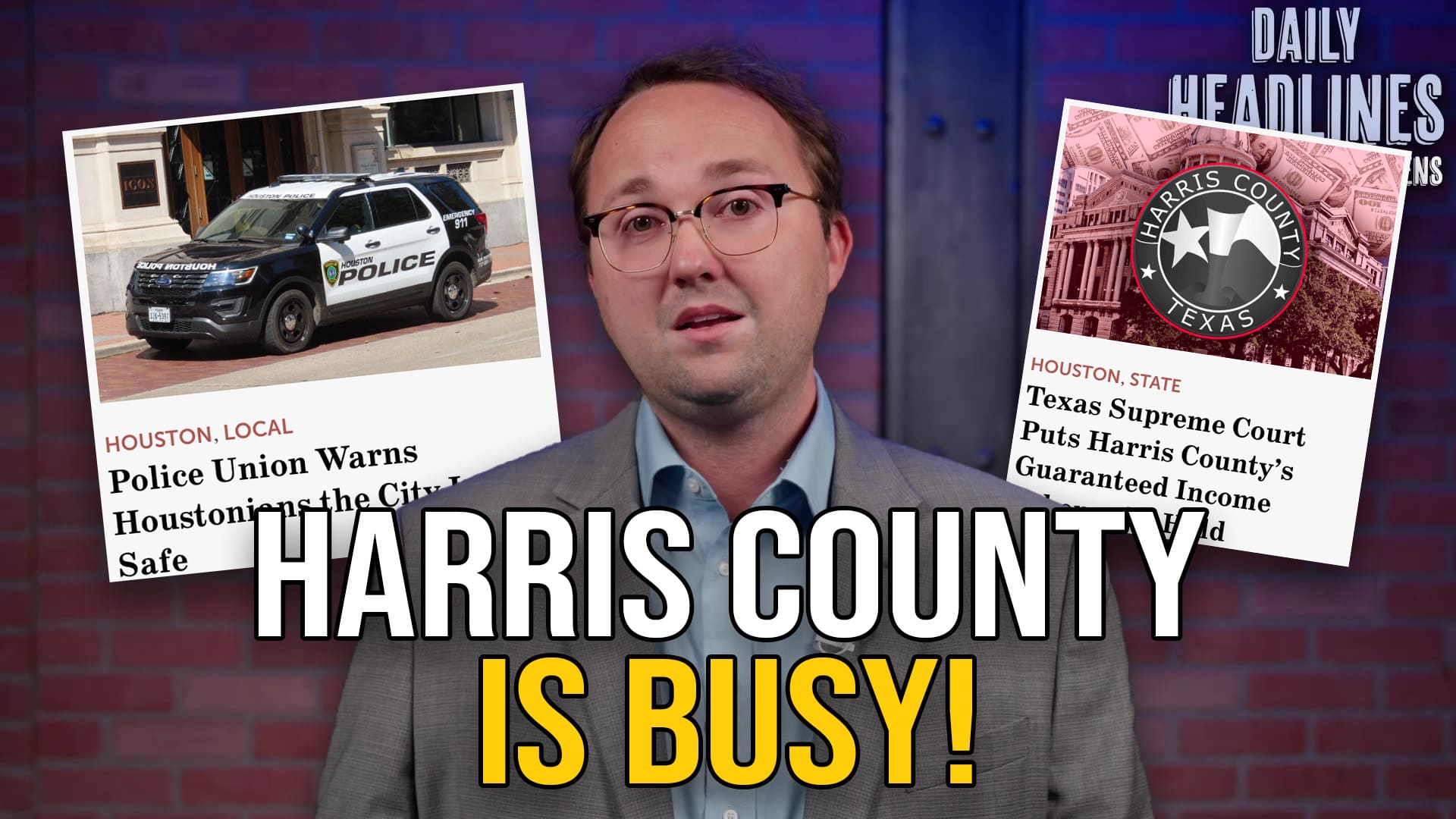Giving her colleagues less than 24 hours to digest a 215-page floor substitute, State Sen. Joan Huffman of Houston is expected to offer a significant step backwards in the fight to reform Houston’s broken pension system.
Sen. Huffman’s floor substitute to SB 2190 provides a provision for all three of Houston’s unions to opt-out of benefits cuts if the police and municipal employee pensions don’t receive a $1 billion pension obligation bond issuance by March 31, 2018. In other words, the Houston Firefighters’ Relief and Retirement Fund would be given the option to opt out of benefits changes imposed by SB 2190 even though that particular fund would not receive any part of the $1 billion bond issuance.
A one-page description sent out by Huffman’s staff reads, “Specifically, this floor substitute ties the benefit cuts of all three pension systems to the issuance of pension obligations bonds to the Police and Municipal systems.”
The opt-out provision attempts to tie the hands of taxpayers by presenting them with a false choice: take on $1 billion in new bonds or revert back to the status quo. Furthermore, it encourages the Turner Administration to fast-track the bond approval process through council in order to avoid a potential rejection by voters and nullify cuts made as part of the negotiations.
Also, steps to move Houston’s pensions to defined contribution plans or relinquish state control of the plans are nowhere to be found in the 215-page floor substitute. Such reforms are overwhelmingly supported by grassroots conservatives.
During both the House and Senate committee hearings on the bill, numerous complaints were lodged about firefighters seemingly being punished for managing their plans better than their police and municipal colleagues. Although, HFRRF isn’t receiving any pension obligation bond dollars, they are still expected to make cuts under SB 2190.
To remedy that, Huffman’s plan seeks to include several of the Fire Fund’s priorities including revising fire’s “final average salary” definition for current employees, adjusting their cost of living adjustments, and adding provisions for unused leave pay.
While the term “shared sacrifice” has been thrown around a lot during pension debates, negotiations, and even testimony, the fact remains that both chambers’ reform proposals are more favorable to unions than they are to taxpayers.
Unless substantial amendments to the floor substitute are made, taxpayers should oppose Huffman’s revised bill. The floor substitute in current form will be rated negatively on the Fiscal Responsibility Index.




